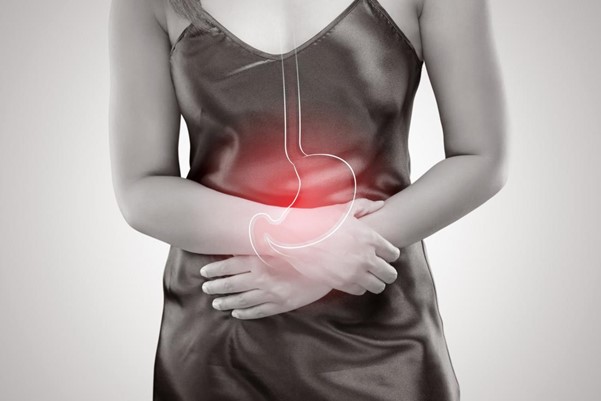
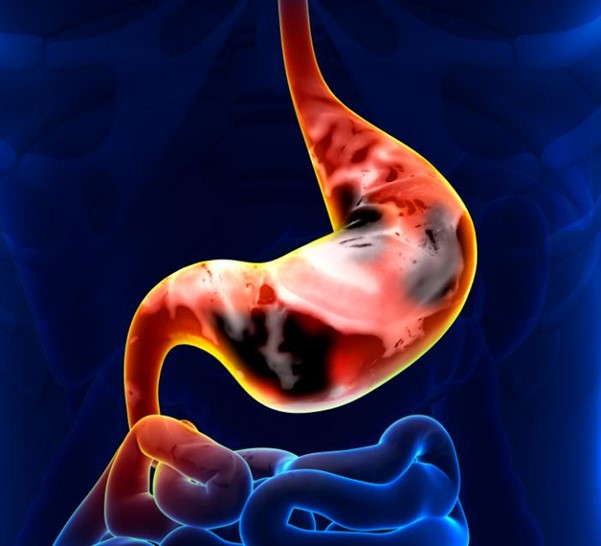
Stomach cancer, also known as gastric cancer, is a build-up of abnormal cells that form a mass in part of the stomach.
According to the World Health Organization, 723,000 cancer-related deaths are caused by stomach cancer worldwide. It is the fifth most common cancer worldwide but the third leading cause of cancer-related deaths.The highest stomach cancer rates in 2018 were seen in South Korea, Mongolia, Japan, and China. However, the incidence is increasing in Southeast Asia, including Malaysia and Indonesia.
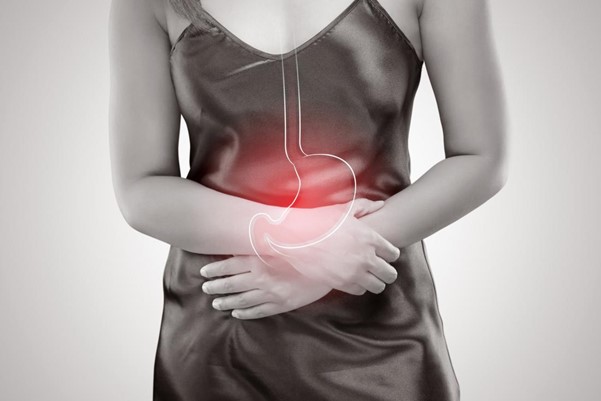
Researchers have identified the bacterial strain that may contribute to the development of stomach cancer.
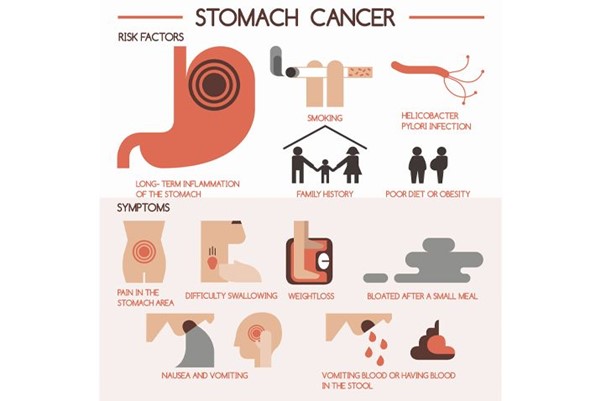
One risk factor for stomach cancer is infection with a type of bacteria called Helicobacter pylori, but the specifics of its impact on the development of tumours have been unclear.
Now, however, scientists have pinpointed which specific H. pylori strain may be responsible for increased stomach cancer risk.
The recent findings may change how specialists screen for and treat this type of cancer.
H. pylori is a very common infection: At least half the people in the world get it at some point, usually in childhood. Doctors are unsure why it affects some people differently than others”, said Dr Yeap Chee Loong, Consultant General, Upper Gastrointestinal and Obesity Surgeon at Gleneagles Hospital Kuala Lumpur.
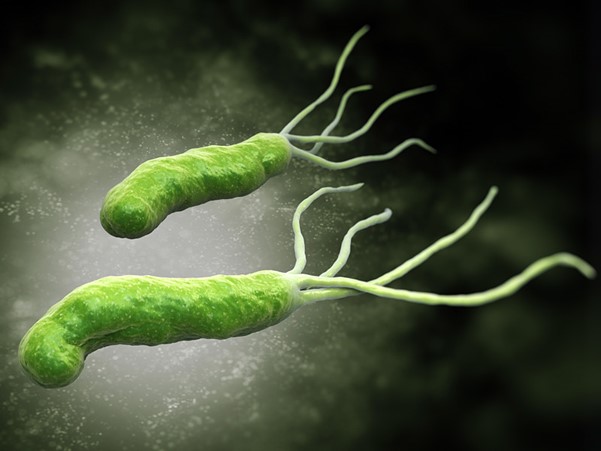
H. pylori can inflame the lining of your stomach resulting in nausea or stomach pain. If this is not treated, it can sometimes cause painful ulcers and open sores in your stomach lining that bleed.
Research has shown that people infected with H. pylori are also up to 8 times more likely to get a certain kind of stomach or gastric cancer.
This bacterium is only one possible cause of stomach cancer - smoking, a diet low in fruits and veggies, and a history of stomach surgeries will also increase the risk of stomach cancer.
H. pylori infections don't always cause symptoms. You may not feel sick at all. In some people, though, the infection may cause:
It is advisable to see your doctor right away if you notice the following in yourself. They could be signs of an ulcer:
If your doctor thinks you may have an H. pylori infection, some tests can tell you for sure:
If you’re worried that you might have an H. pylori infection, do speak to your doctor. It is not difficult to treat the Helicobacter pylori infection once identified. A course of antibiotics will be given to you for at least 2 weeks.
About a month after you finish your antibiotics, your doctor can test for H. pylori to make sure it's gone. If there are still signs of the infection, you may need more antibiotics.
“By successfully eradicating the infection, it can minimize the risk of stomach cancer as much as possible”, stressed Dr Yeap.
Written by
Consultant General, Upper Gastrointestinal and Obesity Surgeon
Gleneagles Hospital Kuala Lumpur

Wait a minute

Wait a minute